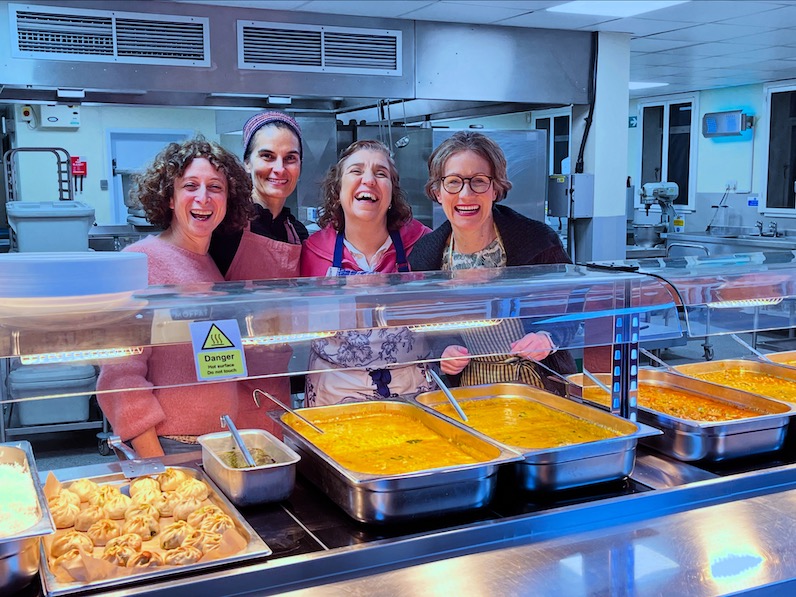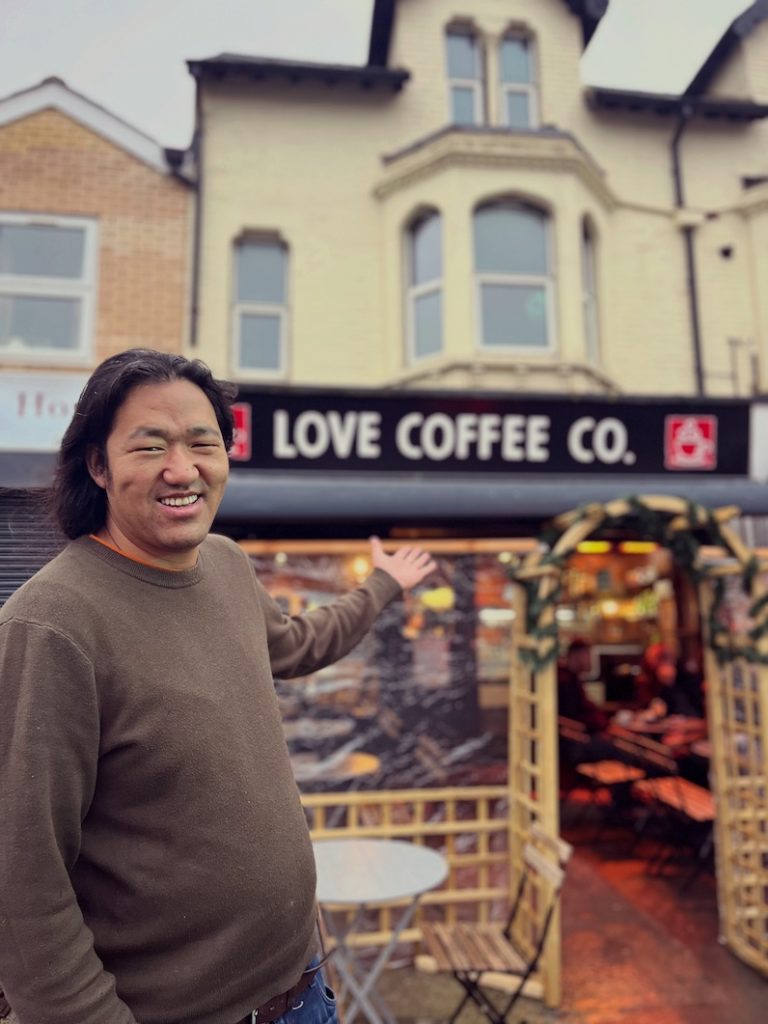
In the many years that I travelled and lived in China, I ate out a good deal. I loved uncovering small, local, sometimes hole-in-the-wall type eateries, where customer turnover was high, and the food was simple but fresh.
I really enjoyed Chinese food, but I was no foodie. I often closed my eyes and ears to how the food was prepared, and for various reasons I was happy not to look inside the restaurant kitchens.
Out the front, the waiter or waitress would usually ask when taking our order if we had any specific dietary needs, and after I’d been living in China a while I noticed that foreign dining companions would often request “no MSG”. Up until that point it had not occurred to me how widespread use of this mysterious ingredient might be, and whether MSG (monosodium glutamate) might be to blame for some of the undesirable aftereffects that many of us experienced after a good meal out.
Essentially, MSG is a flavour enhancer with an umami taste. Umami is a recent addition to the four traditional tastes of sweet, sour, salty and bitter. It is found naturally in many plant-based and animal foods, but it can also be industrially manufactured through the fermentation of starch, sugar beets, sugar cane or molasses.
I now know that in China MSG is used almost as widely as salt. It is added routinely to the wok alongside other seasonings. You will find it in every restaurant kitchen (and usually every dish), as well as in every home, and there is a discernible lack of stigma around it that is surprising given the prejudice that surrounds it in the west.
There appears to be no conclusive proof that MSG is harmful to health, or addictive, as some in the west have claimed, but some people are clearly more sensitive to it than others. For these people, and Chef Yeshi claims to be one of them, MSG is immediately perceptible in food, and can lead to headaches, nausea, and even heart palpitations.
Whether or not this is a real thing, for lovers of natural flavours and of the traditional (MSG is certainly not a traditional ingredient in Chinese cookery, but a recent addition to the cuisine), there seems little reason to use it when cooking with fresh, raw ingredients that hold their own.
MSG had no place at all in Tibet until recent times, and it has no place in our kitchen here in Oxford. Fans of Taste Tibet will know this, but it’s worth reiterating that we never use any artificial ingredients in our food. Our momos and curries are rich in naturally occurring glutamates, so your umami hit is always there, but never in a synthetic form.
#tastetibet #tibet #tibetan #MSG







